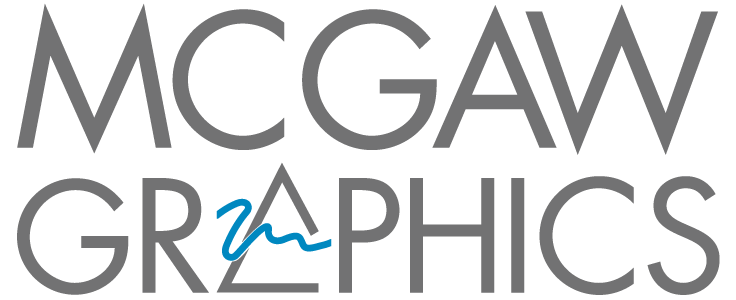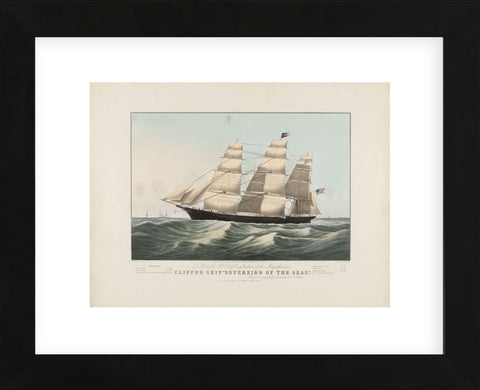Product Detail
- Overall: 16" H x 13" W x 0.75" D
- Overall Product Weight: 2.5lb.
- Material: Glass
- High-quality print on heavy paper
- Printed with vibrant, color-fast inks
- Framed in a contemporary style molding; available in black, gold, and white
- Sawtooth hanger
- Unmatted
Photograph © 2014 Museum of Fine Arts, Boston
Product Detail
- Overall: 13" H x 16" W x 0.75" D
- Overall Product Weight: 2.5lb.
- Material: Glass
- High quality print on heavy paper
- Printed with vibrant, color-fast inks
- Framed in a contemporary style molding; available in black, white, and gold
- Sawtooth hanger
- Unmatted
About the Artist
Nathaniel Currier was born in Roxbury, Massachusetts to Nathaniel and Hannah Currier. He attended public school until age fifteen, when he was apprenticed to the Boston printing firm of William and John Pendleton. The Pendletons were the first successful lithographers in the United States, lithography having only recently been invented in Europe, and Currier learned the process in their shop. He subsequently went to work for M. E. D. Brown in Philadelphia, in 1833. The following year, Currier moved to New York City, where he was to start a new business with John Pendleton. Pendleton backed out, and the new firm became Currier & Stodart, which lasted only one year. In addition to being a lithographer, he was also a volunteer fireman in the 1850s.
In 1835, Currier started his own lithographic business as an eponymous sole proprietorship. He initially engaged in standard lithographic business of printing sheet music, letterheads, handbills, etc. However, he soon took his work in a new direction, creating pictures of current events. In late 1835, he issued a print illustrating a recent fire in New York. Ruins of the Merchant's Exchange N.Y. after the Destructive Conflagration of Decbr 16 & 17, 1835 was published by the New York Sun, just four days after the fire, and was an early example of illustrated news. In 1840, Currier began to move away from job printing and into independent print publishing. In that year, the Sun published his print Awful Conflagration of the Steam Boat 'Lexington' in Long Island Sound on Monday Eveg Jany 13th 1840, by Which Melancholy Occurrence Over 100 Persons Perished, another documentation of a news event, three days after the disaster; the print sold thousands of copies.
In 1850, James Ives came to work for Currier's firm as bookkeeper. Ives' skills as a businessman and marketer contributed significantly to the growth of the company; in 1857 he was made a full partner, and the company became known as Currier & Ives. Although best known as creators of popular art prints, such as Christmas scenes, landscapes, or depictions of Victorian urban sophistication, Currier & Ives also produced political cartoons and banners, significant historical scenes, and further illustrations of current events. Over the decades, the firm created roughly 7,500 different images.
Nathaniel Currier was a Unitarian who first married Eliza West Farnsworth. The couple had one child, Edward West Currier. In 1847, after Eliza's death, he married Lura Ormsbee.
Currier retired from his firm in 1880, and turned the business over to his son Edward. He died eight years later on November 20, 1888, at his beloved home on Lion's Mouth Road in Amesbury, Massachusetts.





